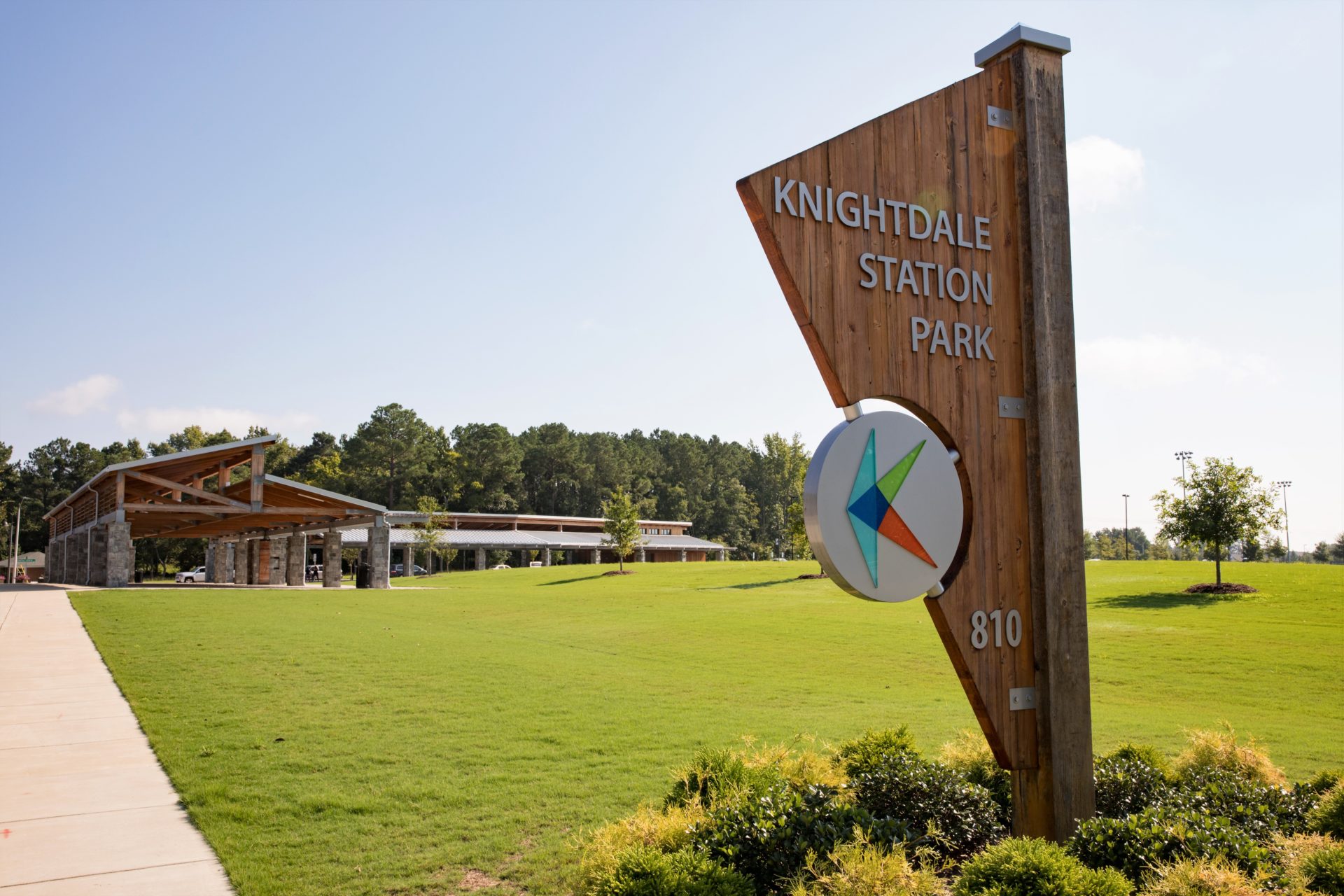Falls Lake, located in the Neuse River Basin, provides the drinking water for a half million people in Raleigh and six other municipalities in eastern Wake County: Garner, Knightdale, Rolesville, Wake Forest, Wendell and Zebulon. The Neuse River Basin is home to some of the fastest population growth in the country, and in 2017 was listed as the 7th most endangered river in the US by American Rivers. Demand for drinking water from Falls Lake will rise as Wake County’s population eventually doubles (currently growing by 64 people a day). WakeUP is supporting a holistic approach to managing water use in the Neuse, including using Green Stormwater Infrastructure as a way to protect water quality and future water supply.
Falls Lake during record drought 2007-2008
Increasing development could have detrimental economic and public health consequences if sustainable water protection policies are not proactively carried out. Falls Lake has been declared “impaired” (i.e., polluted) by the State of North Carolina due to polluted stormwater runoff and wastewater discharged upstream. Research by the NC Division of Water Quality (DWQ) and NC State University indicate overabundance of nutrients (nitrogen and phosphorus) with chlorophyll A levels exceeding federal clean water standards and causing toxic algal blooms in the lake. Levels are worst in the upper part of Falls, caused primarily by pollution and stormwater runoff draining downstream from Durham, Orange, Granville Counties. High levels of chlorophyll A lead to reduced light penetration and low oxygen levels, both of which negatively impact water quality. This has necessitated the use of increasing amounts of chemicals and expensive filtration by Raleigh Public Utilities to maintain safe water quality.
Without improvements to wastewater treatment and stormwater practices, Falls Lake will remain impaired. Following 18 months of negotiations and input from local stakeholders, the NC Environmental Management Commission adopted the Falls Lake rules on January 15, 2011.
The rules aim to reduce nitrogen and phosphorus significantly. DWQ developed the rules which focus first on the lower, less-polluted portion of the lake, and then move upward to the poorest water quality in the upper basin. These rules call for actions to be taken by local governments, developers, agriculture, and wastewater treatment in Durham, Orange, Granville, and Wake Counties until 2035. The Upper Neuse River Basin Association – comprised of local governments surrounding Falls Lake – has undertaken new research to assess needs for updates to the rules. However, in 2016 the NC General Assembly passed legislation which froze the rules and requires them to be renegotiated by the end of 2018. That stakeholder process is ongoing and WakeUP continues to monitor and provide input in order to advocate for a healthy, clean Neuse River system and Falls Lake.
Please see additional information about the Falls Lake rules and conditions and factors contributing to the Falls Lake water quality problem:
Presentations from WakeUP’s 2014 Water Quality Series: Clean Water, More Valuable than Oil: State Actions Affecting Your Water:
- Amy Pickle, Director of State Policy Program, Duke University’s Nicholas Institute for Environmental Policy Solutions
- Dr. JoAnn Burkholder, Director of the Center for Applied Aquatic Ecology, NC State University
- Peter Raabe, Southeast Director of Government Relations, American Rivers
WakeUP’s Falls Lake fact sheet (printable pdf)

